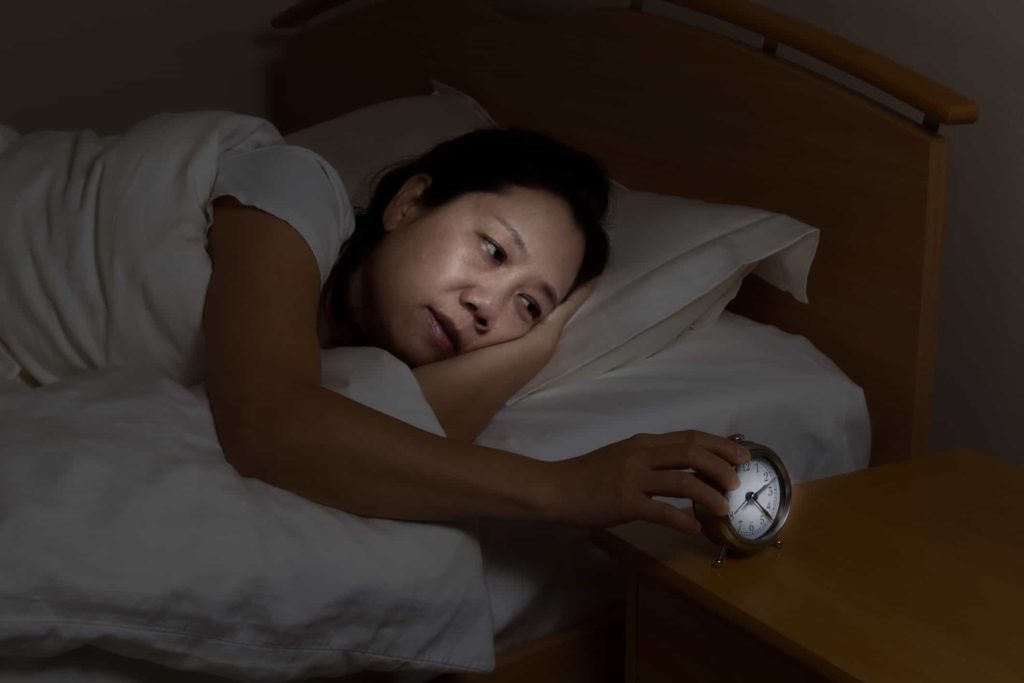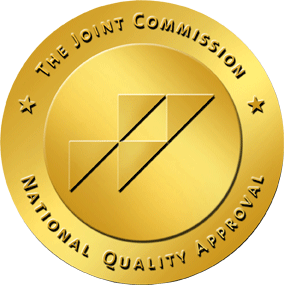MSLT
A Multiple Sleep Latency Test (MSLT) is a series of daytime naps that measures how quickly and how often a person enters the REM stage of sleep.
OFFERING A WIDE RANGE OF
SLEEP DISORDER SERVICES
Our respiratory team offers a high quality, cost-effective service and clinical expertise to
patients suffering from sleep problems. Our innovative laboratory services enhance sleep health.
Our respiratory team offers a high quality, cost-effective service and clinical expertise to patients suffering from sleep problems. Our innovative laboratory services enhance sleep health.

An MSLT is a series of daytime naps that measures how quickly and how often a person enters the REM stage of sleep. It can be used to test for narcolepsy and to distinguish between physical tiredness and true excessive daytime sleepiness.
MSLT... WHAT IS IT?
A MSLT is a diagnostic test used to determine sleep disorders in which excessive daytime sleepiness is the primary complaint.The most common sleep disorders that MSLTs diagnose are narcolepsy and idiopathic hypersomnia.
A MSLT is also useful in differentiating between the two sleep disorders as their symptoms are very similar in nature. If you are suffering from excessive daytime sleepiness and believe that you may have narcolepsy, idiopathic hypersomnia, or any other sleep disorder, discuss your symptoms with your primary care physician.
WHY TEST?
Determining the real cause for your daytime sleepiness is not always conclusive with a polysomnogram sleep test (PSG). This is where the MSLT helps to isolate you from outside factors that can affect your ability to fall asleep. These factors include such things as the following:
• Temperature (too hot or too cold)
• Light, Noise, or Activity
• Anxiety or Tension
• Depression
• Age
• Caffeine
• Drugs and medications
• Amount of sleep prior to the study


